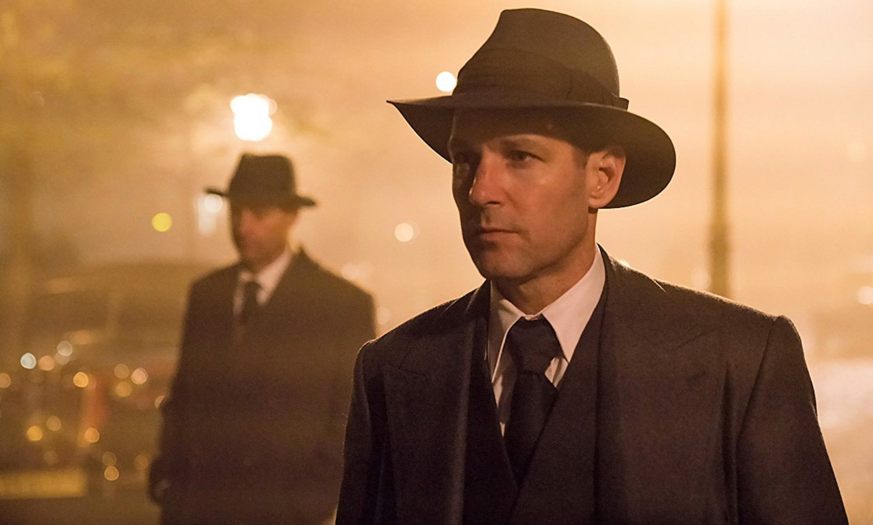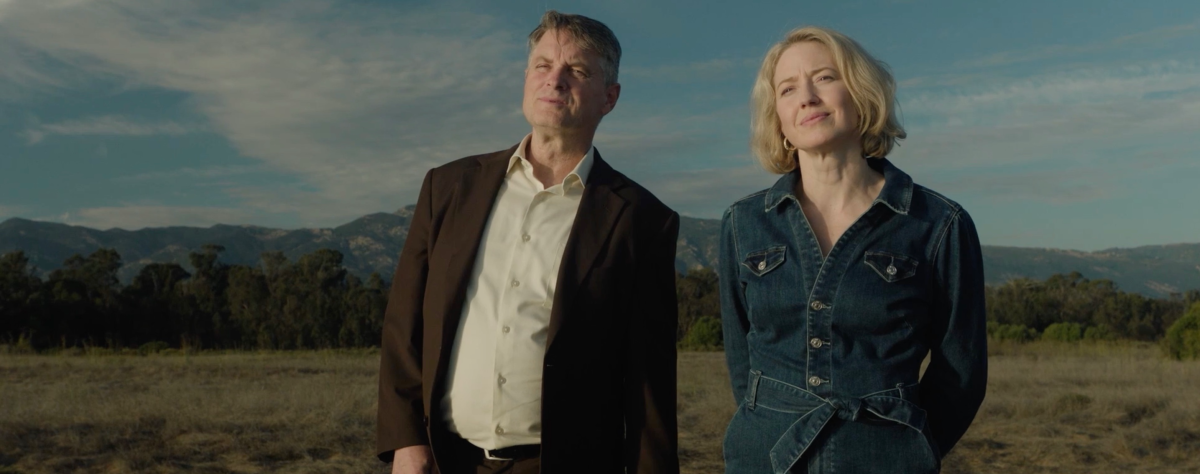Ben Lewin immediately knew that he had to tell the extraordinary true story of Moe Berg, the baseball player-cum-World War II spy who lived an incredible life that was still shrouded in mystery.
The Australian director hadn’t heard of Berg, who is played by Paul Rudd in the film, before being given the script for “The Catcher Was A Spy,” but he recently told me that it immediately sparked his interest for a number of reasons. “Stories come along, and every now and then one makes you sit up and take notice because you haven’t heard it before.”
“I have often been fascinated by obscure World War 2 stories that no-one knows about. And this was about a very elusive character and the birth of the bomb. Which was a big part of my generation, and it was a fear that really hung over my generation.”
“So I found those elements really compelling. Especially because at the centre of this world changing event was this unlikely character.”
The mystery surrounding Berg, from his career as an average baseball player to his incredible intelligence via certain aspects of his private life, meant that it was always going to be hard for “The Catcher Was A Spy” to be completely true.
Especially when it came to his spying of German theoretical physicist Werner Heisenberg, who Berg was told he must kill if he suspected that he was on the brink of creating a nuclear bomb.
But Lewin was more than happy to blend truth with a little bit of myth and cinematic poetry with “The Catcher Was A Spy,” though.
“I don’t know any historical film that doesn’t take artistic license. History is not written like a script. When you read history of any kind you assume there is a level of truth and a level of interpretation. I felt that most about what I read about Moe was based on proper historical sources. Particularly Nicholas Dawidoff’s book.”
“What was actually said between Moe and Heisenberg (Mark Strong) during their walk together, which effectively decided Heisenberg’s fate, no-one knows. That’s speculation. In a way that’s part of the attraction, that sense of mystery over what was said and what drove people’s decisions.”
“Once I’d read the script I read Dawidoff’s book. That turned it into an evolving discussion, which was between me, the screenwriter and Paul Rudd. We all helped to evolve the script. That process never stopped really. Obviously it doesn’t happen over night. You work your way through it.”
“We tried to portray Moe Berg as an historical character. But there is a lot that one doesn’t know. I particularly feel that if you’re writing an important part of history use poetic license, but don’t distort it into something other than what happened.”
“The scene in the synagogue is pure poetic license. I thought, ‘Moe undoubtedly must have had moments of serious reflection about what he was going to do.’ I wanted to set that in the context of a synagogue on a high holiday, which I think was innocent political license.”
“The question of Moe’s emotional get-up is also very vague. We followed what material there was about his personal life. I think that if you are telling history you have a responsibility to make it entertaining and dramatic. But at the same time not tell it wrong. Not to distort the essential elements.”
But it wasn’t just the film’s treatment of Moe Berg that Lewin was concerned about. “One of the things that weighed on me was how do we portray Heisenberg. Was he a good guy or a bad guy? The debate still goes on. I didn’t really want to lean one side or the other.”
“He could have equally been a Nazi and deserved his comeuppance, on the other hand there’s speculation that he was really trying to undermine the German war effort.”
“Ultimately no-one really knows, and historically we had to somehow kind of land in that area of that uncertainty. Bob Rodat at times wanted to call the film ‘Uncertainty,’ or ‘The Uncertainty Principle.’ Ultimately that was an underlying theme.”
Even after making “The Catcher Was A Spy,” and watching it premiere at the Sundance Film Festival earlier this year, Lewin admits that he is still endlessly intrigued by the character of Berg. “I learnt a lot of extraordinary things about Moe. One was that he turned down the Medal Of Freedom that he was given.”
“I couldn’t figure out why he did that. I am still speculating why. He was a man of many contradictions. He never had a driver’s license, he never drove a car, he never had an address, I was more intrigued by what I couldn’t figure out rather than what I could.”
You can form your own opinions about Moe Berg when “The Catcher Was A Spy” is released June 22.























